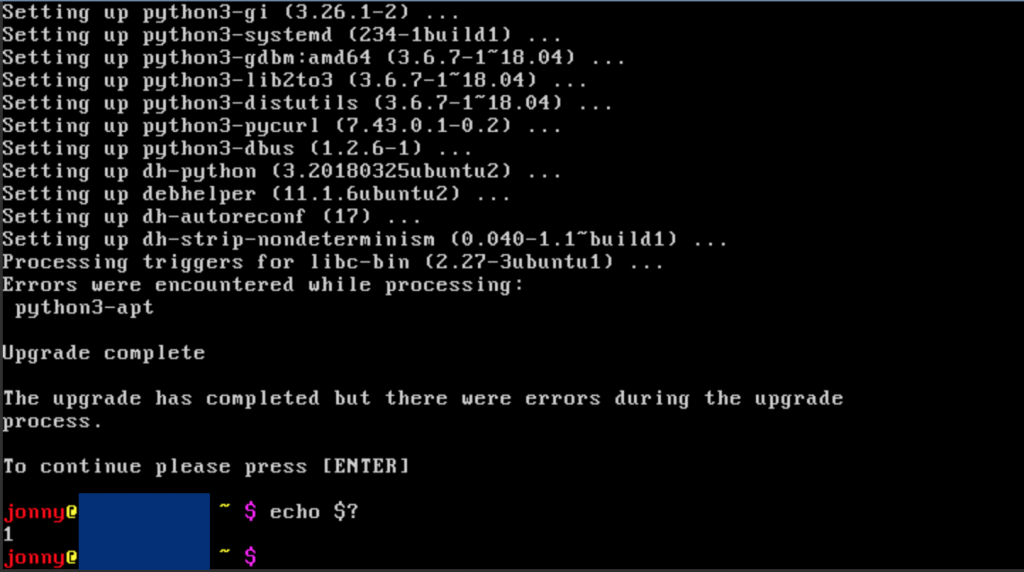For quite some time I have a paper-free office (at home). I still physically file the papers I get, but in addition I scan all the paper documents, tag them and put them in a folder. I use a very easy system. For the very recent documents (and the ones work in progress) I have a draft folder. Furthermore, there is exactly one document folder per year and I store everything in there (incoming and outgoing documents, scanned ones and ones that I get mailed, even some printed to PDF emails for document-like emails). Each file has a common naming scheme. There is one part that is relevant for this post: at the beginning of each file I put the date of the document in the format YYYYMMDD. This way, the documents are ordered chronologically in a year, if I sort them by name. There is a lot more to my filing system and if someone is interested, please leave a comment, but for this post, this should be enough about my way of filing documents (digitally).
The issue I would like to address here is, that the date when I scanned a file and the “real” date of the document diverges. Sometimes it even happens, that the creation time of two scanned files are in “the real world” in one order, but the scan-/creation time is the other way around. I do not like this situation. Therefore, each year when I “finish the year”, I run a script (on macOS), which adapts the ctimeto the date-part in the name of the file (a one-liner, which I put on 5 lines, for better readability):
find . -name "2017*" | while read file; \
do thedate=$(echo "$file" | \
sed -E 's/^[^0-9]*([0-9]+).*$/\1/'); \
touch -t ${thedate}0000 $file; \
done
If you have another unix-based System with sed you can use -r instead of -E. I am unsure why this option behaves differently on macOS although I installed (and use) GNU sed installed via home brew.
Exciting 🤓.
